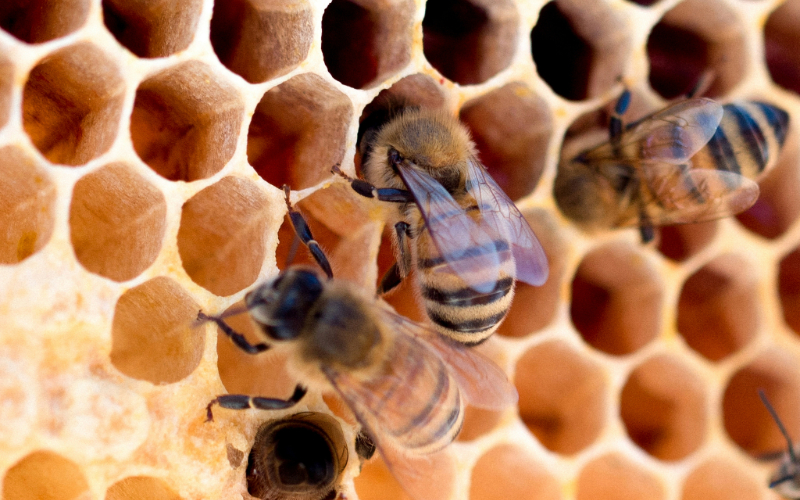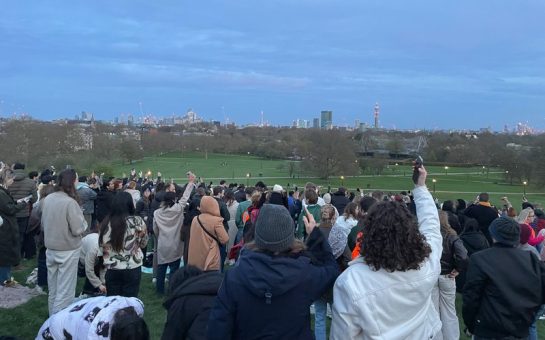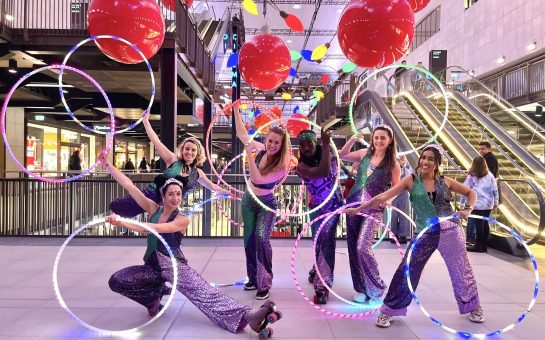A volunteer beekeeping project in Haringey is helping to heal trauma in torture survivors and refugees.
The Bee Connection is part of Meadow Orchard Project in the borough of Haringey, and their approach entails more than harvesting honey and teaching people how to do beekeeping.
The organisation cooperates with Freedom from Torture, a charity which supports torture survivors, and opened a beekeeping club on Thursdays for a small group of refugees and others to gain back their sense of stability.
Bee Connection co-director Katie Hanlon said: “I wanted to share the power of bees”.
Bees and other pollinators are vital to the global ecosystem as they are needed to pollinate fruit trees, flowers and crops.
Almost 90% of the world’s wild plants depend on animal pollination, but Hanlon believes bees are even more powerful and humans can learn a lot from them.
The main focus of The Bee Connection lies on building links between nature and humans, and also between the humans working together.
Hanlon said: “We want a connection with ourselves.
“It’s very important after trauma to feel that my body is a safe space.
“We don’t want to put pressure on people.
“Our ethos is about learning the behaviour and the language of bees and slowing down.”
The timeless space and working with their hands helped many club members speak of pre-trauma memories, which is a huge step in their healing process.
Many have found they sleep better, too.
Plans are in place for members of the club to themselves become teachers for a beekeeping club as well.
Hanlon said: “We would sort of play around with the idea of who has the control, who has the power.”
Bees have a big influence on their area as they can fly seven kilometres in each direction, and the most important thing for them is forage.
A study carried out by WWF and Buglife found that 17 species of bees have gone extinct in the east of England, and another 25 species are threatened.
Bees which specialise in foraging on a small range of plants are particularly endangered.
But surprisingly big cities like London are an oasis to bees and more species can be found than in agricultural fields.
The high density in hives makes it crucial to ensure forage availability and habitat diversity.
There are several things Londoners can do to support bees during their busiest time of the year, such as planting native flowers, mowing lawns less often and avoiding the use of pesticides.
At Bee Connection, the honey is not harvested but fed back to the bees, while working with bees offers those involved a way to slow down and get absorbed in an activity.
Hanlon said: “Beekeeping is very connecting to nature, and I think that nature is where we can all find our home.
“Bees are very clever. I wonder if they are actually keeping us sometimes.”
Feature image: Free to use from Unsplash





Join the discussion